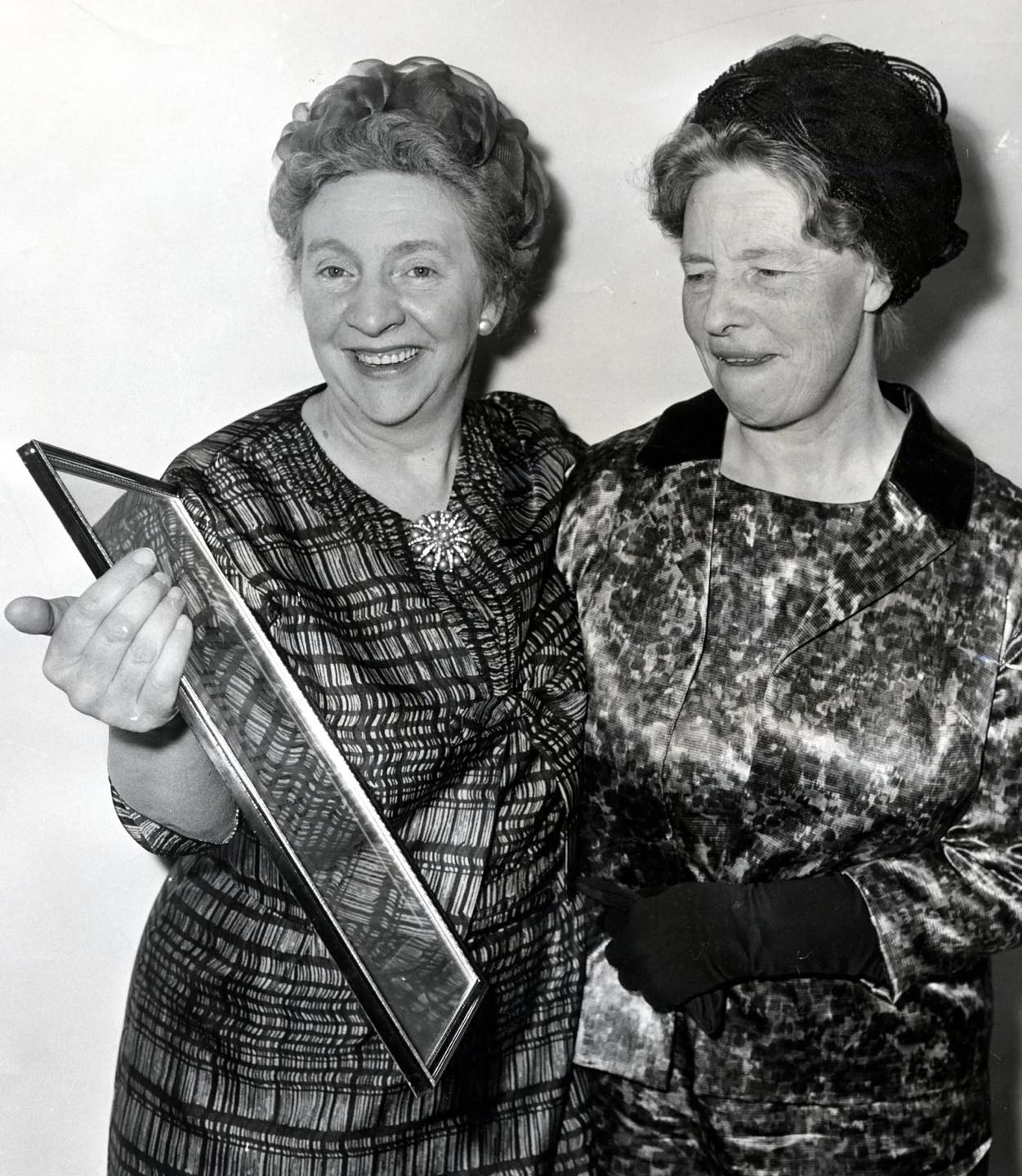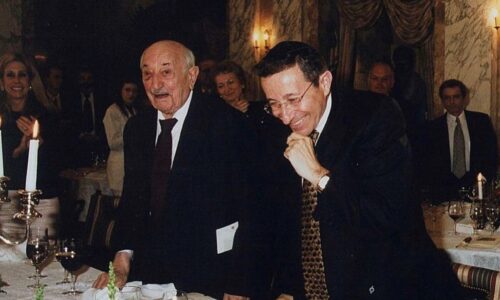
Ida and Louise Cook were unmarried sisters in their mid-thirties who lived with their parents. One wrote romance novels for Mills and Boon (England’s Harlequin equivalent), and the other commuted from their sleepy London suburb to work as a secretary for the civil service. They wore homemade clothes and shared a love of opera. They loved opera so much that they would go to Germany for the weekend just to see a performance. This was in the 1930s.
No one paid attention to them crossing the border, a couple of dowdy women in their homemade clothes, nor on the return trip with their furs and jewels. What Ida and Louise were doing, in addition to attending their beloved opera, was collecting valuables from would-be refugees to help them in their new lives. The sisters would find people who would vouch for the refugees, find people willing to house them, assemble papers for them, and even rented an apartment as a temporary space for refugees who had just arrived. The sisters used their own money for this, so the refugees could sell their valuables for money to help them settle in.
The women entered and left through different checkpoints, so the same guards wouldn’t be able to notice their sudden acquisition of too much jewelry and created a lie about the valuables in their purses, such as, ‘we can’t trust them in our apartment when we aren’t there!’ They acted simple and foolish and were never caught. They did eventually halt their visits over the border, after directly rescuing 29 people (mostly families), but they did not stop working. They continued to raise money and awareness and to help refugees in England.
The sisters were honored as Righteous Among the Nations by Yad Vashem, the World Holocaust Remembrance Center, in 1964.
Ida wrote a memoir that was republished as “Safe Passage” in 2008. In it, she downplays their role, saying that what they offered wasn’t much. In exchange for saving lives, they only needed “some trouble, some eloquence, and some money.”




